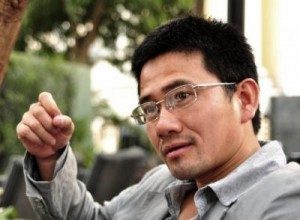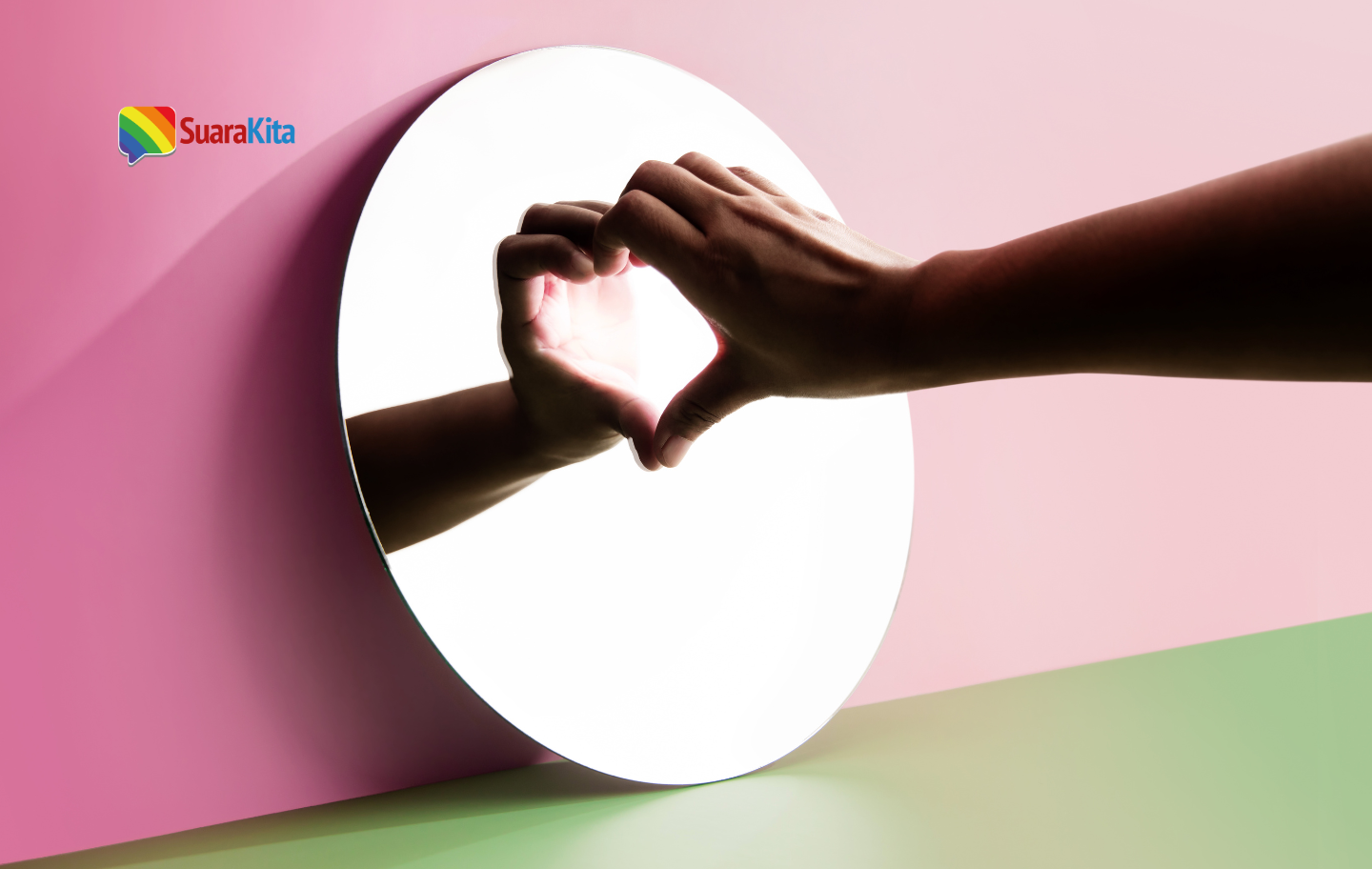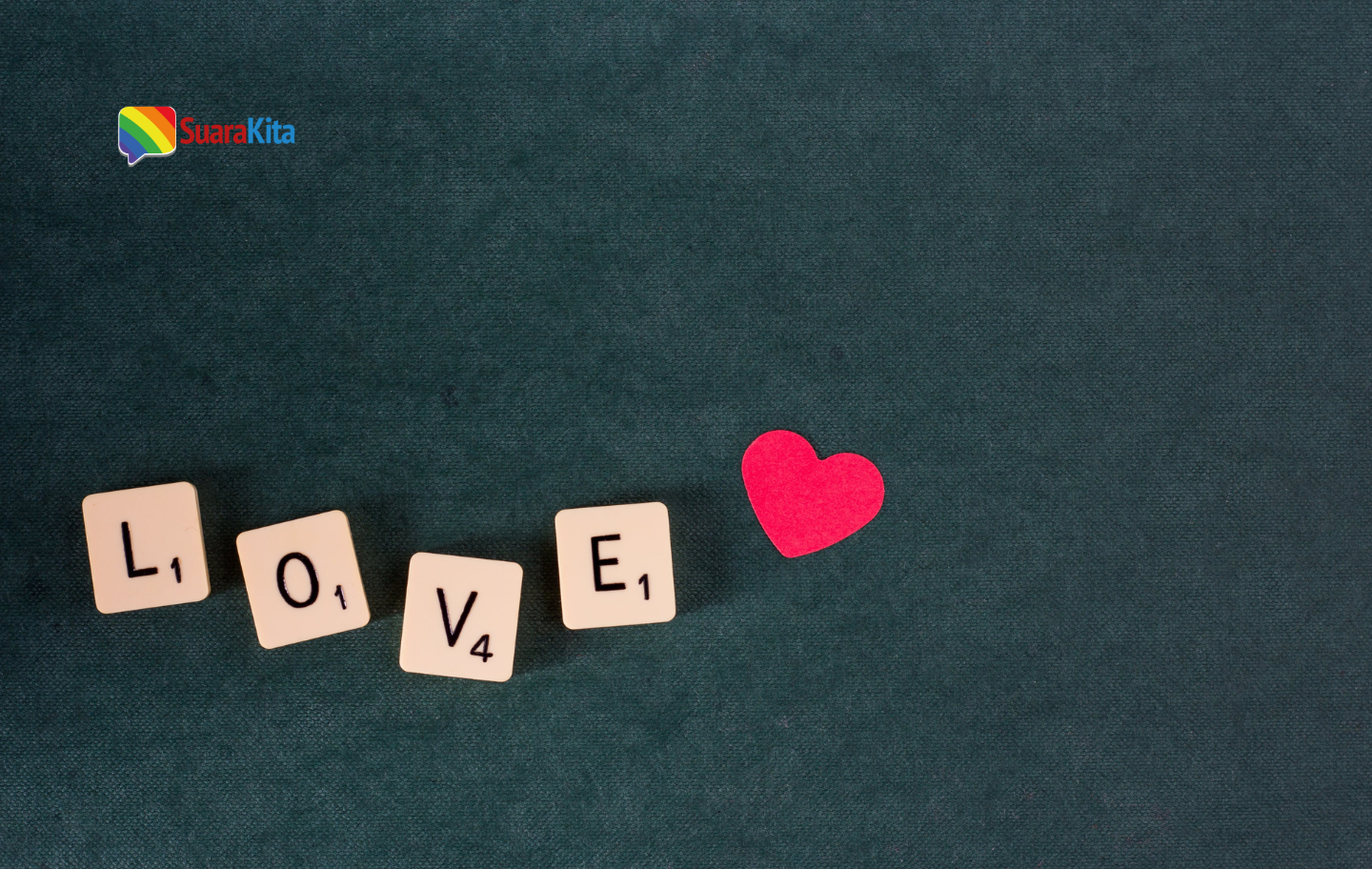
Awal bulan ini, berita bahwa Vietnam akan menjadi negara pertama di Asia yang melegalkan pernikahan sesama jenis menjadi buah bibir seluruh dunia. Berita itu tampaknya datang entah dari mana, dan entah kenapa Negara yang dikuasai oleh konservatif menjadi begitu progresif dengan isu pernikahan sejenis.
Lima tahun lalu, media di Vietnam memojokan lgbt dengan memberitakan wacana tentang homoseksual sebagai sebuah tindakan kejahatan, namun kini telah berubah drastis. Isu homoseksual malah menjadi sebuah isu utama dinegara tersebut , karena akan segera melegalkan pernikahan sejenis.
Berikut wawancara sebuah media online lgbt Gay Star News dengan seorang direktur sebuah organisasi lgbt di Vietnam Le Quang Binh.
Cerita dimulai pada tahun 2007 ketika ISEE (Lembaga Studi Kemasyarakatan, Ekonomi dan Lingkungan) mulai bekerja mempromosikan hak-hak minoritas (etnis dan seksual) di Vietnam. Proyek pertama mereka adalah studi tentang penggambaran pria gay dan lesbian di media. Mereka mempelajari 500 artikel tentang isu-isu LGBT dan menemukan deskripsi negatif.
“Komunitas gay dan lesbian mengatakan” media massa adalah musuh nomer satu “. ungkap Le melalui telpon kantornya di Kota Ho Chi Minh City (HCMC). “Artikel diberbagai media di Vietnam pada umumnya tidak satupun yang menunjukan keberpihakan pada lgbt. Homoseksual adalah penyakit, kejahatan sosial, melanggar norma, dan masih banyak lagi wacana-wacana negatif berjejalan dikoran-koran lokal hingga menjadi sebuah stigma buruk bagi lgbt”.
Melihat kian menjamurnya pemahaman yang salah tentang lgbt, kemudian ISEE mencoba menginisiasi sebuah kegiatan lokakarya yang mengundang para jurnalis media cetak dan media televisi termasuk para editor, para professor jurnalisme, dan pejabat pemerintah. Dalam lokakarya tersebut, ISEE berbagi wacana tentang orientasi seksual dan identitas gender termasuk wacana tentang hak-hak lgbt.
Selain memberikan wacana pada praktisi yang disebutkan diatas, ISEE juga gencar membangun ruang-ruang dialog berupa diskusi bersama komunitas lgbt, pemahaman tentang seksualitas, gender dan juga hak-hak asasi manusia secara konsisten dan berkelanjutan.
Dan ketika pemahaman konsep diri dan pemahaman tentang hak asasi sudah mulai tertanam diantara komunitas lgbt. ISSE kemudian menyelenggarakan kegiatan seni dan budaya berupa pameran fotografi yang dihasilkan oleh para lgbt, kegiatan dilakukan di kampus universitas di Hanoi dan hasil dari penjualan karya seni dijadikan sebagai jembatan untuk melakukan kegiatan lainya disetiap bulan.
Sejak itu ISEE menjadikan Seni dan Budaya sebagai pintu masuk untuk menyuarakan hak-hak lgbt dimasyarakat luas, dan tetap menjalin komunikasi dengan jurnalis dalam setiap kegiatan yang dilakukan.
Kegiatan yang kami gagas diberinama “U-turn “. Ini sangat berdampak positif, Terutama di media mainstream. Bahkan pada tahun 2011 talk show tentang isu-isu gay dan lesbian memenangkan hadiah emas dalam penghargaan televisi nasional, hingga kemudian meningkatkan visibilitas LGBT di media massa – misalnya resepsi pernikahan pasangan gay pada bulan Mei diliput secara luas dan positif – yang menyebabkan pemerintah berniat melegalkan pernikahan sesama jenis.”ungkap Lee, salah satu penggagasa U-turn.
“dengan kian meningkatnya visibilitas komunitas LGBT di Vietnam, masyarakat jadi sadar bahwa begitu banyak orang-orang lgbt disekitar mereka, selain itu kenapa akhirnya pemerintah berniat melegalkan pernikahan sejenis, ya… karena akhirnya pemerintah tau bahwa orang-orang lgbt adalah sebuah realitas, dan perlu diberikan perlindungan yang sama di negeri ini”, tambah Le.
“Ada beberapa kasus, misalnya, dua orang hidup dan tinggal bersama dalam satu rumah, dan mereka memiliki property bersama-sama, ditengah perjalanan hubungan mereka putus, kemudian mereka datang ke pengadilan untuk menuntut pembagian harta gono-gini. Dan tentunya pengadilan akan kelimpungan dengan kasus tersebut, karena status mereka hanyalah teman. Bukan pasangan. Ungkap Le.
Pada bulan Juni, pemerintah mulai konsultasi ke pengakuan hukum dari hubungan sesama jenis dan pada bulan Juli Menteri Ha Hung Cuong dari Departemen Kehakiman mengatakan di depan umum:
“Negara harus memiliki mekanisme hukum untuk melindungi hak-hak yang sah seperti : hak privasi, hak kepemilikan properti , hak adopsi, bagi pasangan sejenis yang hidup bersama.”
Gaystarnews : Apa pendapat anda, jika pernikahan sejenis dilegalkan di Vietnam, dan kemudian menjadi pembahasan oleh Majelis Nasional untuk merevisi hukum pernikahan yang sudah ada ditahun depan?
‘Saya sangat positif tentang perkembangan yang ada. pemerintah secara serius telah mempertimbangkan relasi sesama jenis, namun saya juga tidak begitu yakin hukum yang ada akan berubah untuk bisa memungkinkan pelegalan pernikahan sejenis. Mereka dalam hal ini pemerintah, mungkin mengembangkan keputusan tentang akibat hukum dari hubungan sesama jenis, namun hukum tidak akan menyebutkan perkawinan sesama jenis, ini sangat tergantung pada lobi dan advokasi.” Ungkap Le.
Mayoritas penduduk Vietnam beragama Budha, jadi tidak begitu sulit membuka ruang dialog membahas sisi kemanusiaan. Berbeda dengan Indonesia, Malaysia dan Bahkan Amerika, para pemuka agama saling berlomba menjadi pemimpin dan penjaga moral tanpa memperdulikan banyaknya perbedaan.
Penulis : Anna Leach/gaystarnews/Yatna PelangiFive years ago, the media in Vietnam regular reported on the social evil of homosexuality, now the government are looking into legalizing same-sex marriage, Gay Star News talk to the man who made it happen
Earlier this month the news that Vietnam might become the first country in Asia to legalize same-sex marriage made headlines around the world. The news appeared to come out of nowhere, as no-one expected the socially conservative one-party state to be so progressive.
In an interview with Gay Star News Le Quang Binh, the director of the first LGBT rights organization in Vietnam, reveals the five year story behind this month’s headlines.
The story starts in 2007 when iSEE (Institute for Studies of Society, Economy and Environment) started working on promoting minority rights (ethnic and sexual) in Vietnam. Their first project was a study on the portrayal of gay men and lesbians in the media. They studied 500 articles about LGBT issues and found negative and ignorant descriptions of gay people in almost all of them.
‘The gay and lesbian community said “mass media is our number one enemy”’, says Le on the phone from his office in Ho Chi Minh City (HCMC). ‘Because the media was so negative – articles said homosexuality is a disease, it’s a social evil, gay men are very very feminine, lesbians are very very butch. They were portraying wrong knowledge to society, because if the newspapers talk badly about gay and lesbians, then society will think badly about gay and lesbians.’
After the study iSEE arranged a workshop for all the journalists who had written these stories, their editors, professors of journalism and government officials. Most of them came. At the workshop, iSEE taught them about sexual orientation and gender identity and the international trend to promote the rights of LGBT people.
‘And then we brought gay and lesbians to the training, because the journalists had never met a gay or lesbian who had told them that they were gay or lesbian!’ says Le. ‘That changed the perception of journalists about the LGBT community and many formed personal relationships with the gays and lesbians they met.’
By 2009, after more public education workshops, iSEE organized a photography exhibition of images taken by gay people. The media covered it extensively, and positively.
‘It was so crowded! There were something like 10,000 visitors, mostly students and young people in HCMC,’ says Le. ‘Then we took the exhibition to a university campus in Hanoi and it was sold out for the whole month.’
Since then iSEE has staged contemporary plays and art exhibitions about LGBT issues, and developed strong relationships with journalists. The media coverage is totally different from five years ago.
‘We call it a U-turn,’ says Le. ‘It’s completely changed. Especially in the mainstream media. In fact in 2011 a talk show about gay and lesbian issues won the golden prize in the national television awards.’
Le says it was this increased visibility of LGBT people in the mass media – for example the wedding reception of a gay couple in May was covered widely and positively – that led the government to look into same-sex relationships.
‘With the visibility of the LGBT community in Vietnam increasing, people think that wow – LGBT people exist!’ says Le, adding that the second reason the government are looking into same-sex relationships now is the reality of legal issues that face the many gay couples who live together in Vietnam.
‘There have been some cases, for example, of two men living together,’ says Le. ‘They own property together and then they break-up and go to court about ownership of the house. The court doesn’t know how to deal with it because legally they are just friends, not a couple.’
In June, the government started a consultation into the legal recognition of same-sex relationshipsand in July Minister Ha Hung Cuong from the Ministry of Justice said in public:
‘The State should have legal mechanisms to protect the legitimate rights such as legal personality, property ownership or children (if any) of same sex couple living together.’
Does Le think gay marriage will come to Vietnam when the National Assembly meet to discuss revising marriage and family law next year?
‘I am very positive about the developments in general because the government is seriously considering same-sex relationships,’ Le says, adding that he believes the article prohibiting same-sex marriage in the current wording of the marriage and family law may well be dropped, but he’s not convinced the law will change to allow gay marriage.
‘They might develop a decree about the legal consequence of same-sex relationships, but the law won’t mention same-sex marriage,’ Le says, laying down a challenge for LGBT rights campions in Vietnam. ‘It depends very much on the lobbying and advocacy.’
Although some government officials, women’s union officials and university professors have said to Le informally that they are unsure Vietnam is ready for same-sex marriage, citing the threat to ‘traditional family values’, no one has spoken out publicly against gay marriage.
Vietnam is mainly Buddhist, so it doesn’t face the opposition to gay rights from religious leaders like those in Islamic Malaysia and Indonesia, or from the Christian right in the US.
Whether Vietnam legalizes same-sex marriage or not, before gearing up for battle, iSEE should be congratulated for gaining so much ground. A few years ago homosexuality was widely thought of as a social evil up in Vietnam, now the government has recognized the rights of gay couples to exist and they have shown they are willing to learn more.
‘When they consult on same-sex relationships it means they recognise gay and lesbians. That’s the first step,’ says Le.
source : gaystarnews.com.



